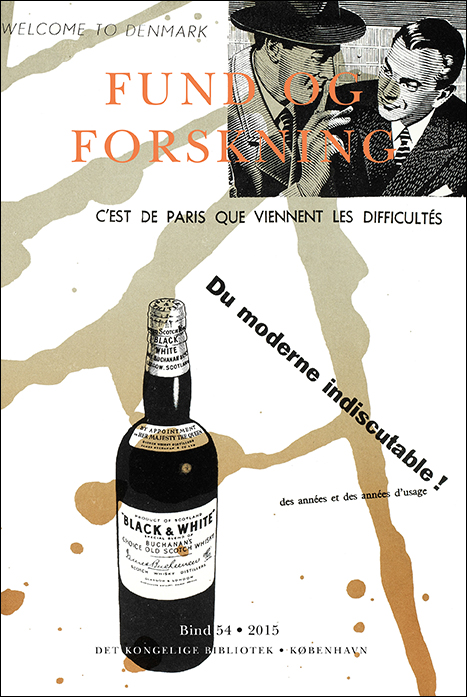Ludvig Holbergs svenske epigoner: Carl Christoffer Gjörwell og Anders Schönberg
DOI:
https://doi.org/10.7146/fof.v54i0.118886Resumé
Kristoffer Schmidt: Ludvig Holberg’s Swedish epigones
One of the most read authors among eighteenth century Swedes was none other than Ludvig Holberg. This is not only evident by the success of Holberg’s writings in Sweden but also because many Swedish authors directly or indirectly attempted to imitate his writings. In particular, the biographical books Lives of Heroes (1739) and Lives of Heroines (1745), modelled after the Greek historian Plutarch’s Vitae Parallelae, became immense successes, spawning three Swedish imitations: two written by the publisher Carl Christopher Gjörwell (1755–56, 1757) and one written by the historian Anders Schönberg (1756).
Through a comparative analysis, this article examines the similarities and dissimilarities between Holberg’s Lives of Heroes and Lives of Heroines and the Swedish imitations. The analysis reveals that although Gjörwell and Schönberg acknowledged their reliance on the biographical method, historical contents and moral reflections in Lives of Heroes and Lives of Heroines, their imitations were rather free interpretations, whether relying heavily or deviating significantly from the Holbergian originals.


